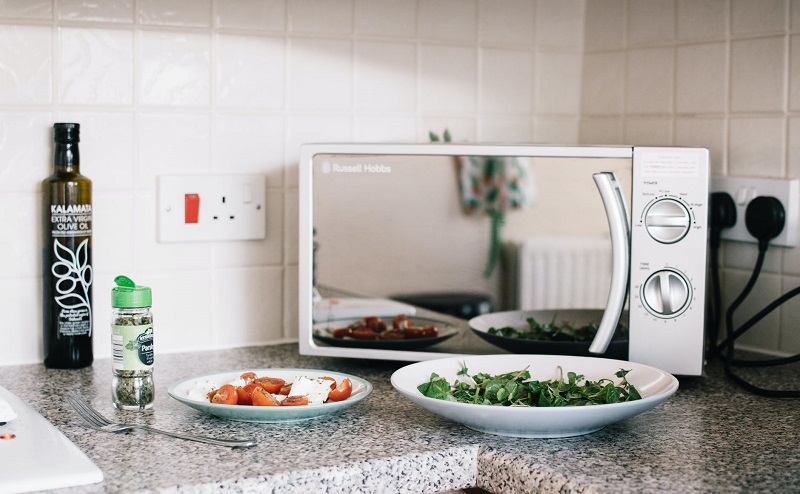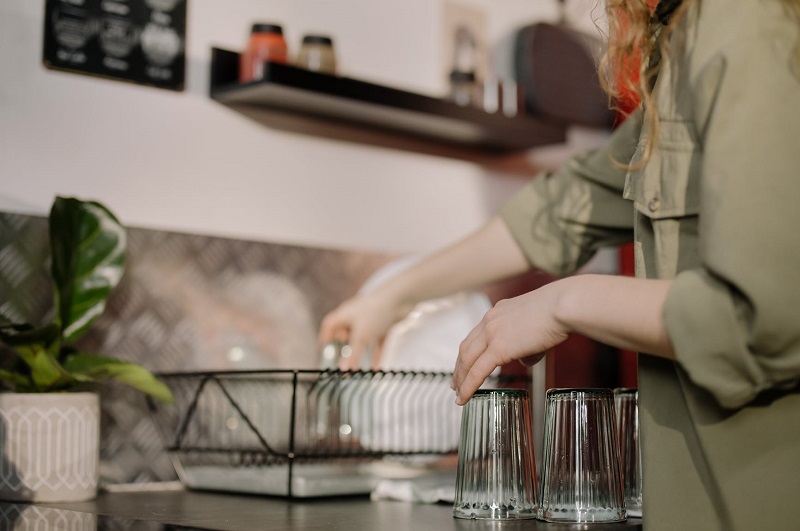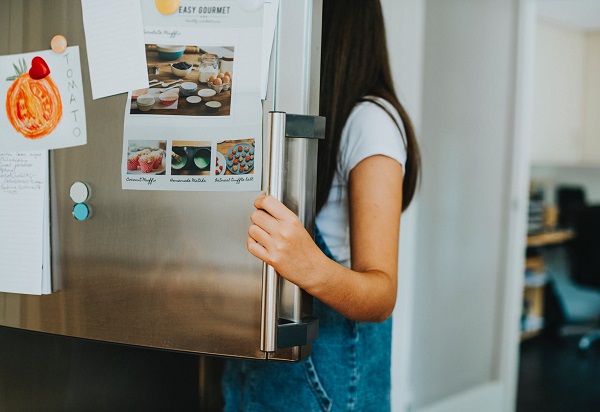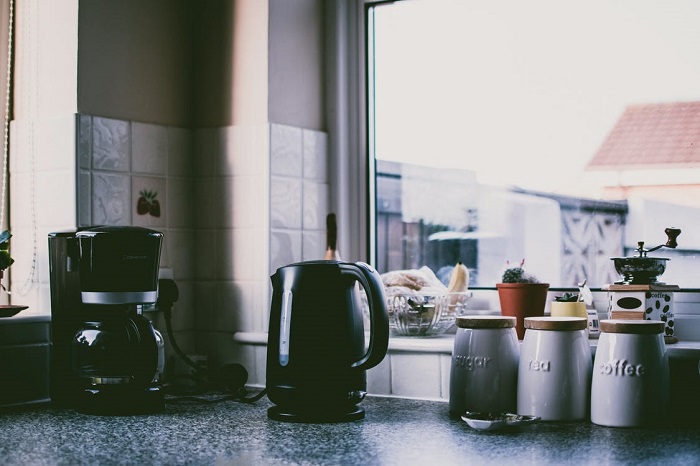Save energy in the kitchen with these 10 ideas
The kitchen is one of the places we consume most energy in the home. Preparing meals, cleaning and doing laundry all require electric appliances, gas and hot water.
To save energy in the kitchen, and the home more widely, you don’t need to reduce the amount you do these activities. It’s simply a case of getting into some good habits. Being aware of the most efficient way to do things helps limit unnecessary energy waste, which amount to savings over time.
Here’s how to save energy in the kitchen and reduce your monthly energy bills:
1. Use the hob wisely
Think about how many rings you’re using at one time. Could you steam veg on top of a simmering pot you’re using for something else? Watch how long you leave things heating up for and turn things off a few minutes before serving – the heat of the ring will keep pans warm.
2. Microwave over hob or oven
Reheating using a microwave is more energy efficient than heating up on the hob or oven. Makes sure you use the recommended settings on your microwave to use it efficiently.
3. Defrost food and leftovers ahead of time
Leave food to thaw naturally on the side, rather than heating it up, as this uses no extra energy. It’s an easy way to save energy that requires no effort from you.
4. Let food cool before refrigerating or freezing
Putting hot or warm food in the fridge or freezer means your appliance is working overtime to bring the temperature down, using electricity. Let food cool on the side before putting it away.
5. Wash dishes in one go
It can be tempting to wash up as you go throughout the day, but this isn’t the most efficient way to wash your dishes and you will end up wasting more water and using more energy via your hot tap. Try and fill up your washing bowl before tackling the dishes.
6. Turn the oven off early
Ovens are designed to conserve heat and once you switch it off, the oven will be hot for at least 10 minutes after. Switching your oven off slightly before you take your food out won’t stop it cooking, but will save you energy each time.
7. Fill your appliances
Running appliances like washing machines, dryers and dishwashers with partial loads wastes energy and increases the number of loads you’re running monthly, pushing up your bills. If you can’t wait to fill up the load, run it on a short cycle if possible.
8. Leave space behind your fridge-freezer
Having around 10cm behind your fridge-freezer helps warm air circulate out the back and makes it work more efficiently.
9. Pack your fridge and freezer tightly
Keeping things organised in your fridge and freezer helps keep cold air in by preventing it escaping too quickly when the doors are open. Because you can find things more easily, you leave the door open for less time too, conserving even more cold air and energy.
10. Don’t overfill the kettle
This is an easy one, but something many of us are guilty of doing. As small appliances go, the kettle is one of the biggest users of electricity. Be mindful not to overfill it or re-boil it unnecessarily.
These ideas are nothing new and are all straightforward. But we often forget to take note of all the small things that run up our bills. It can be helpful to remind ourselves of good habits to saving energy in the kitchen.
Want more energy saving tips for around the home? Get 15 tips for saving energy while working from home in this blog.










